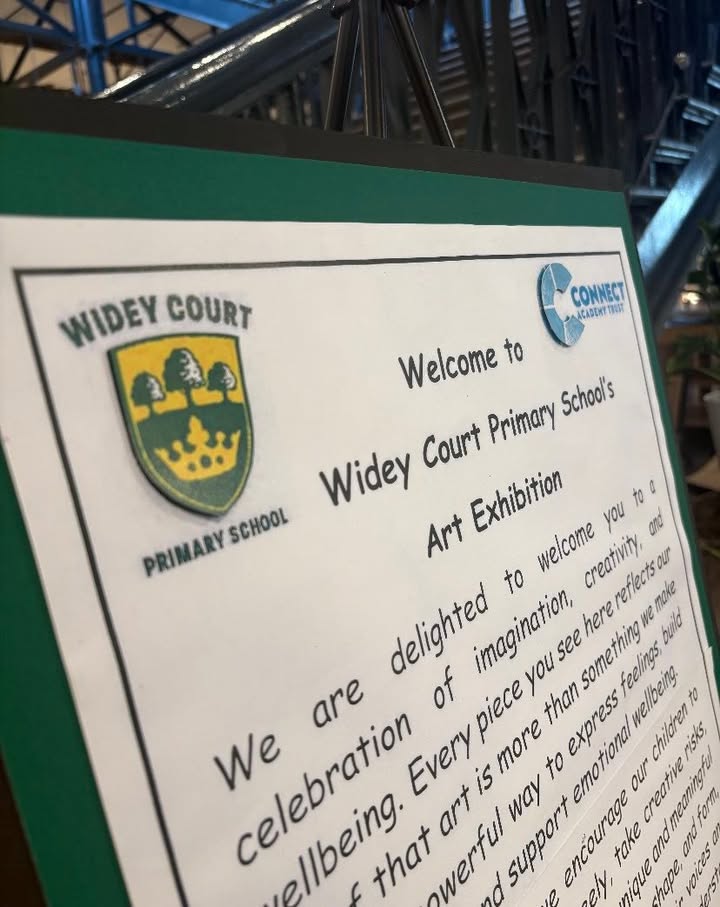About this curriculum
Our curriculum is jam-packed with a wide array of practical music-making activities tailored to suit various learning styles and interests. From vocal exercises and ensemble participation to exploring different instruments and music technology, our hands-on approach aims to foster an inclusive environment where every child feels empowered to take part. Whether it's banging a drum, strumming a guitar, or experimenting with digital soundscapes, our students are encouraged to express themselves through a multitude of musical mediums.
Intent

We will explore a wide range of different musical genres, and enable children to see themselves and composers and performers, who can bring enjoyment and joy to our school, and wider community. We will develop an appreciation of music from a wide range of periods in history, as well as music from all around the world, by listening with curiosity and focus to all the diverse musical sounds and styles that we have access to.
Implementation

What?
KS1
• Use their voices expressively and creatively by singing songs and speaking chants and rhymes
• Play tuned and untuned instruments musically
• Listen with concentration and understanding to a range of high-quality live and recorded music
• Experiment with, create, select and combine sounds using the inter-related dimensions of music.
KS2
• Play and perform in solo and ensemble contexts, using voices and playing musical instruments with increasing accuracy, fluency, control and expression
• Improvise /compose music for a range of purposes using the inter-related dimensions of music
• Listen with attention to detail and recall sounds with increasing aural memory
• Use and understand staff and other musical notations
• Appreciate and understand a wide range of live/ recorded music drawn from different traditions and great composers and musicians
• Develop an understanding of the history of music.
How?
• A love of music instilled from the start through fun, engaging and practical activities with the right level of challenge and clear musical objectives and outcomes
• Focus on practical music- gaining knowledge and skills through performing, composing and active listening
• Well resourced with plenty of tuned and untuned instruments, which can be easily accessed for class music
• Specialist teaching where possible
• Music reading skills integrated into lessons
• Most music units linked to cross curricular topics (where quality links can be made)
• Singing is embedded throughout the school- everyone sings regularly for a variety of purposes to learn new facts, consolidate knowledge, but also for fun and to bring our community together.
• Visits from professional musicians into school and trips to large scale concerts
• Participation in large scale events- both in school, with schools from across the city
• Quality curriculum provision results in large numbers of children choosing to take part in extra curricular music clubs
Impact

• Pupils are musicians. They have a sound understanding of performing together effectively, listen actively, express opinions on music heard and create their own music for a variety of purposes. Large numbers of pupils take part in extra curricular music provision.
• Pupils have a positive attitude towards music. They enjoy engaging in musical activities, challenging themselves to progress and enjoy sharing their achievements with others.
• Music has a role in every pupil’s life. They possess the skills necessary to engage in quality making music with others and the knowledge of the building blocks of music to enable them to create and enjoy quality music.





































